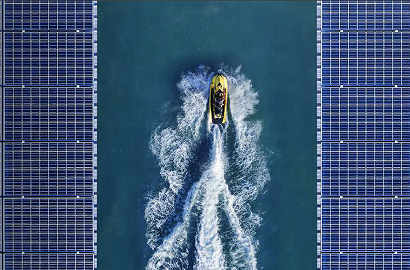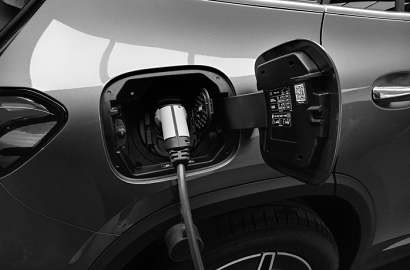Spain, eighth most attractive country for renewable energy investment

Spain has climbed up one place in the latest EY Renewable Energy Country Attractiveness Index
Spain's attractiveness as a destination for renewable energy investment increased again last year, according to the 60th edition of the Renewable Energy Country Attractiveness Index (RECAI) prepared by EY. Securing its place in the leading group, in eighth place, our country is also the most attractive market in the world for the closing of PPA agreements.
As the report explains, corporate power purchase agreements (PPAs) are down in 2022 compared to 2021, primarily due to high energy prices and extreme market volatility. Although these agreements have seen a reduction in the trend of exponential growth in recent years, they are expected to at least exceed the figure reached in 2020. Spain's robust position in this area has not suffered, and our country has accounted for nearly a third of the PPA agreements signed in Europe this year.
Reducing dependence on foreign energy
The United States and China remain at the top of the ranking, while Germany has snatched third place from the United Kingdom. In general, the report highlights that the governments analysed have hit the accelerator on their renewable energy programmes, with the aim of reducing their dependence on foreign energy in a context of continuing geopolitical tensions and economic uncertainty.
The RECAI 60 analysed the attractiveness of the world's top 40 markets for investment opportunities related to renewable energy deployment. Among the criteria used to compare them, the report studies the size of the current portfolio under development, which translates into opportunities for investment. This edition did in addition include a parallel ranking that compares this data as a percentage with the GDP of each country, in order to measure its commitment to renewable energy.
Energy transition
The partner responsible for EY's energy sector in Spain, Agustín Rico, said that "Energy transition continues to be high on the agenda of governments and companies, which becomes even more urgent in light of the significant challenges in the global energy market. It is therefore necessary to increase the deployment of renewable technologies—electricity as well as gas and eco-fuels—to ensure that energy demand is covered by local sources and to minimise the negative impacts of international supply shocks on consumers and business competitiveness.”
For his part, EY Consulting's partner for regulated sectors, economic analysis and sustainability, Antonio Hernández, highlighted the role of PPAs in the market, which allow companies "to hedge against volatility and price increases in the electricity market, as well as to improve compliance with decarbonisation and sustainability objectives through the purchase of green PPAs. Spain's competitive advantage in renewable sources explains the maturity of our PPA market, both in the number of operations and volume."
Power grid integration
The report underscores the growing importance of expanding renewable generation, accelerating energy diversification and increasing energy storage globally. All this is accompanied, of course, by the challenge of accelerating the integration of renewable energy into power grids.
As Rico points out, "To achieve net zero, the integration of renewable energy must improve significantly. Distributed energy resources have a vital role to play in enabling a variety of green energy sources to be integrated into the grid. In addition, investment in smart grids will be key to securing the energy supply and getting the world to net zero emissions by 2050."
Photo: EY




